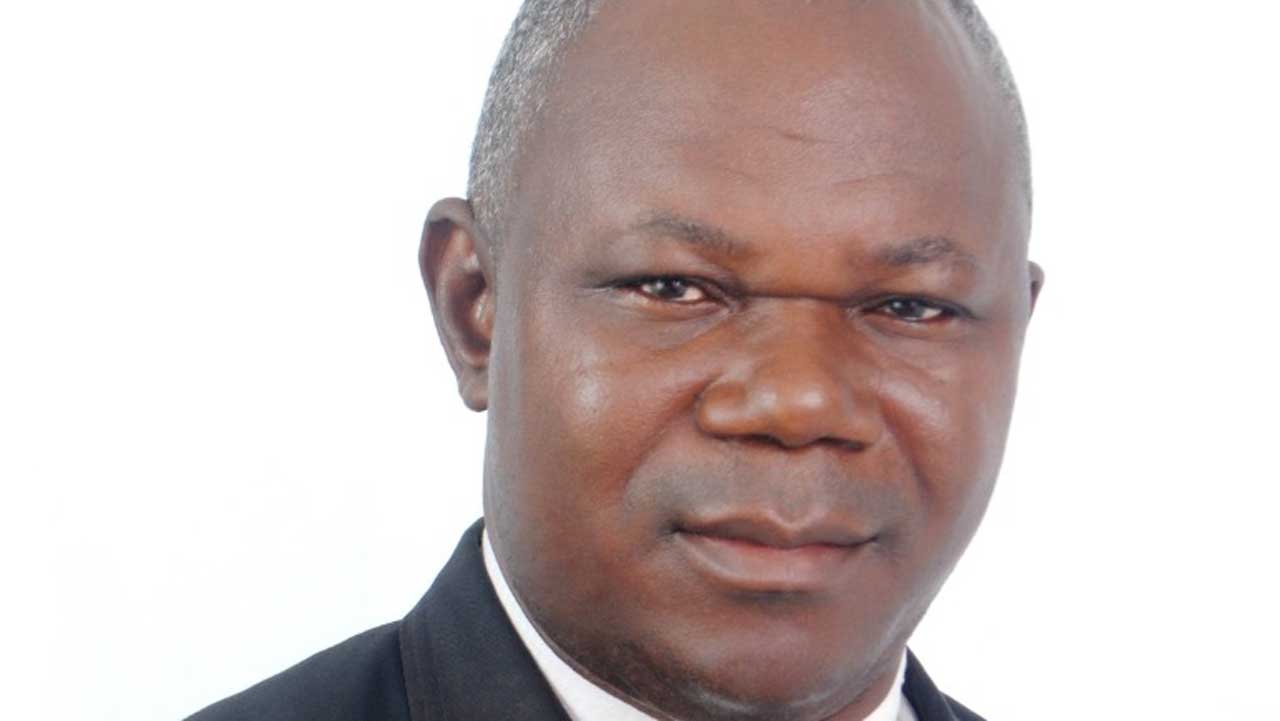The Association of Town Planning Consultants in Nigeria (ATOPCON) has advised Southeast state governments to make physical development a priority and to maximize its potential for regional development.
They raised concern over unplanned development and bad government project delivery, which have wreaked havoc on the region and the country as a whole.
The call was made at the association’s annual professional development workshop in Enugu, headlined “Roles of physical planning in national politics.” Physical planning should be implemented in national politics, according to the experts, who argue that it is necessary in national discourse for good urban government.
Leading the charge, ATOPCON president, Mr. Muyiwa Adelu, lamented that the political class, traditional institutions and communities, which are the direct beneficiaries of the profession, have unfairly treated physical planning. This, he said, is due to ignorance, which must be corrected by private sector operators, who equally have many things at stake.
He said: “Like in Lagos, I look forward to when physical planning will be in the forefront of useful tools to be harnessed by Eastern states to be championed by Enugu State and when physical planning will not just be a department but a full-fledged ministry in the state.
“I look forward to when physical planning will be leveraged to direct all developments through preparation of various development plans. I look forward to when town planning consultants in Enugu State will be the main consultants to various developmental projects in the state, when the state will call on town planners both in private and public sectors to dialogue and assist the state to boost its Internally Generated Revenue (IGR); boost lofty projects; proffer solutions to myriads urban problems in Enugu metropolis and other towns in the state.”Adelu said the association was ready to collaborate with the states in the region in achieving its urban planning goals.
The association argued that the neglect of the relevance of planning consultants in political discourse is positively correlated with negative externalities, which is not limited to insecurity, disease outbreak, unemployment and utilisation of scarce resources, wasteful spending, poor housing, inadequate transport facilities and decline in local economy development.
Resolving the issue of negligence of physical planning, the association advised members to develop character, competence and capacity (3Cs) in the pursuit of advocacy, sensitise political class on the needs of the people for efficient and sustainable project delivery and become accustomed with procurement process.

He added: “We also need to sit with our lawmakers and stakeholders to package acceptable laws. Domesticate the urban and regional planning laws in state. It might not be clear how our physical planning nosedives, but we can get out of the doldrums by being committed to our calls as town planners; by not compromising planning standards; by not subjecting ourselves to corruption of any form; by not allowing political leaders dictate, override professional beliefs and ethics.”
Olutoyin Ayinde, President of the Nigerian Institute of Town Planners (NITP), also spoke at the session, stating that visionary leadership is essential for the country to have well-ordered and sustainable human settlements and communities.
He added that physical development plans respond to vision and mission statements created by government leadership and representatives, and that the government has the power of eminent domain and is responsible for planning for the places it administers.
Isyaku Kura, President of the Nigerian Town Planners Registration Council (TOPREC), stated that national politics and physical planning are intertwined and involve decision-making by individuals, experts, and governments. “It should be inclusive, integrated, long-term, and participatory,” he said.
He stated that the forum provides an opportunity to address issues related to negative political influence on physical planning practice, including but not limited to poor planning and decision-making, poor project implementation, resource loss, bias in planning practice, and unnecessary prolongation of the planning process.
Dr. Lucy Ugwu, chairperson of ATOPCON’s Enugu section, said physical planning is critical for national economic growth and development.
Physical planning, according to Ugwu, provides prudent appropriation of finances to suitable land uses and the provision of infrastructure, facilities, and amenities; ensures a pollution-free environment; and ensures effective land allocation and management for meaningful development.




